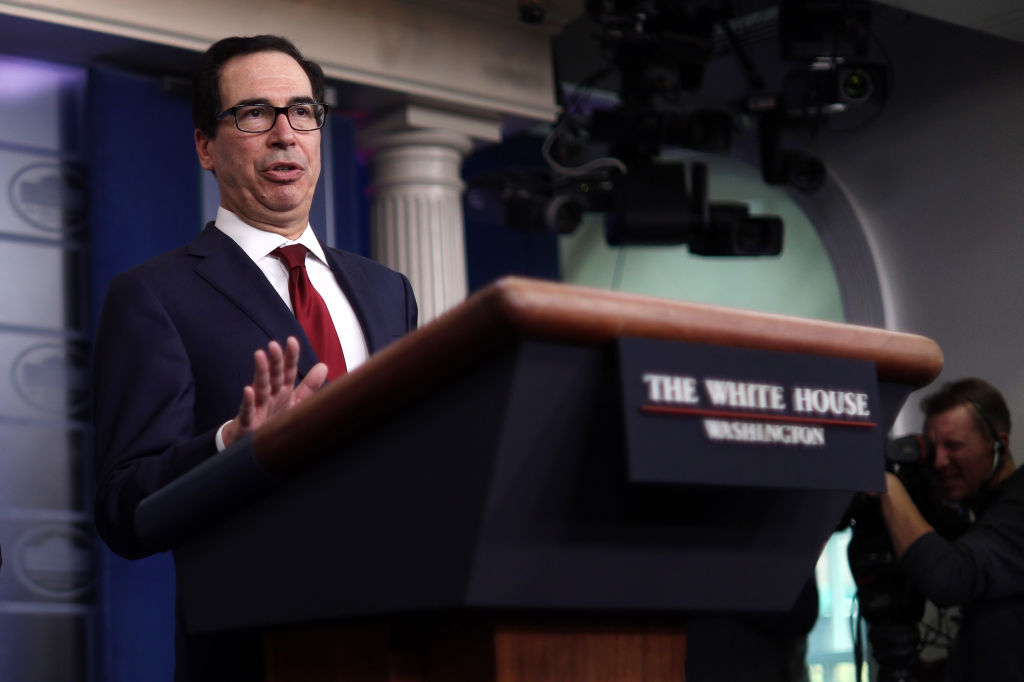Play all audios:
Within the "Phase 1" trade deal between the U.S. and China expected to be signed on Jan. 15 is a sub-agreement that would revive a format of semi-annual discussions between the two
powers similar to those utilized by the Bush and Obama administrations, _The Wall Street Journal_ reports. The discussions, which will be led by Treasury Secretary Steven Mnuchin and likely
Chinese Vice Premier Liu He, are different from the next phase of the trade deal. They'll be more general in scope and reportedly a way for officials at all levels in both countries to
bridge the gap and strengthen their relationships. President Trump shut down similar plans earlier in his Oval Office tenure. But despite some tough rhetoric throughout the trade war, it
looks like another sign (along with the first phase) that his administration is getting back in the negotiating mindset for the long haul. Indeed, the _Journal_ notes the framework of the
new agreement is similar in concept to the Strategic Economic Dialogue started by the George W. Bush administration, which was then broadened under the Obama administration. The Trump
administration used to show little interest in continuing the legacy, but the revival appears to be right around the corner now. SUBSCRIBE TO THE WEEK Escape your echo chamber. Get the facts
behind the news, plus analysis from multiple perspectives. SUBSCRIBE & SAVE SIGN UP FOR THE WEEK'S FREE NEWSLETTERS From our morning news briefing to a weekly Good News Newsletter,
get the best of The Week delivered directly to your inbox. From our morning news briefing to a weekly Good News Newsletter, get the best of The Week delivered directly to your inbox.
Trump's former adviser Stephen Bannon wasn't pleased a dialogue-heavy initiative is coming back, arguing it's mere "window dressing," but Myron Brilliant, the U.S.
Chamber of Commerce's vice president, told the _Journal_ a "structured process" is necessary for addressing "serious issues with China." Read more at _The Wall
Street Journal_.

